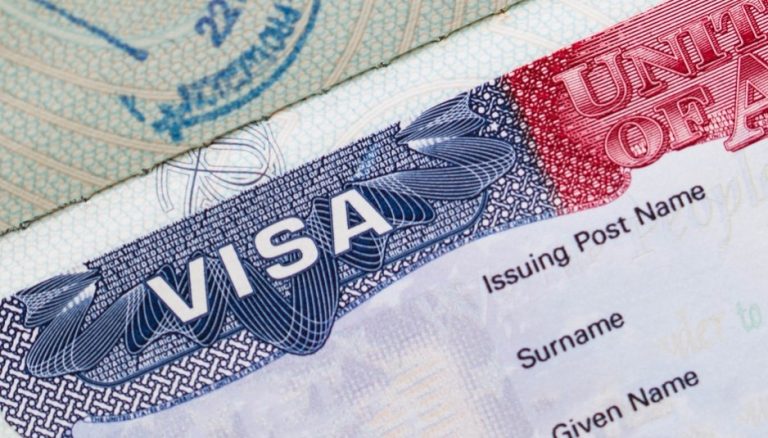However, the University of Chicago has provided clarification to help ease these concerns for students on F-1 or J-1 visas.
Revocation means your visa is no longer valid and cannot be used to re-enter the U.S.
The U.S. government can revoke visas, but this usually happens only in serious cases.
The United States recently instructed consular offices to expand their screening processes for student visa applicants. This also includes thorough social media checks to identify individuals who may support terrorism.
The U.S. Department of State has the authority to revoke non-immigrant visas, including F-1 and J-1 visas, if the visa holder has been arrested or convicted for driving under the influence (DUI) or similar offenses within the past five years.
While this may sound alarming, the revocation does not immediately affect a student’s ability to remain in the U.S.
Current status of students inside the U.S.
According to the University of Chicago, The U.S. Department of State may revoke non-immigrant visas (F-1, J-1, etc.) of individuals arrested for, or convicted of, driving under the influence or driving while intoxicated, or similar arrests/convictions that occurred within the previous five years. Such a revocation also does not necessarily mean that the individual cannot get a new visa to come to the U.S.
The institution also informs that a visa revocation does not impact a student’s current status within the U.S, only the visa sticker.
“It is important to understand that this requirement does not affect your status in the U.S., only your visa sticker. Remember that your visa is needed to enter the U.S., but once you have entered, your visa does not have to remain valid. You must, however, have a valid I-20 (F-1/F-2) or DS-2019 (J-1/J-2),” the university stated in its platform.
“If you are not planning a trip abroad in the near future, this requirement does not affect you, even if you have been arrested/convicted, until you do seek to reenter the U.S. after a trip abroad.”
The visa stamp is only necessary for entry into the U.S., not for staying in the country.
Impact on re-entry to the U.S.
While the visa revocation does not affect a student’s status inside the U.S., it does prevent re-entry to the country on the same visa. If a student leaves the U.S. after their visa has been revoked, they will not be allowed to return with the revoked visa.
They will need to apply for a new visa from a U.S. embassy or consulate before being allowed to re-enter the U.S.
How to confirm visa status
Students who have had a DUI or similar conviction since their visa was issued and are unsure about the status of their visa are advised to contact the U.S. embassy or consulate that issued their visa.
The embassy or consulate may send an official notice regarding the revocation, or students may find out about the revocation when traveling through a U.S. port of entry.
Advice for students planning to travel
For students with a revoked visa planning to leave the U.S., the institution recommends contacting the embassy or consulate before booking any travel. The embassy can confirm the validity of the student’s visa.
Additionally, students should consult with their school’s international student office and, if necessary, seek advice from an immigration attorney. If a student has dependents on F-2 or J-2 visas, their visa status may also be affected by the revocation.
No immediate impact on students staying in the U.S.
For those who do not have immediate travel plans, the University of Chicago reassures that visa revocation will not disrupt a student’s ability to stay or study in the U.S.
Students should continue to ensure that their I-20 or DS-2019 forms are valid and keep up with their academic requirements.












